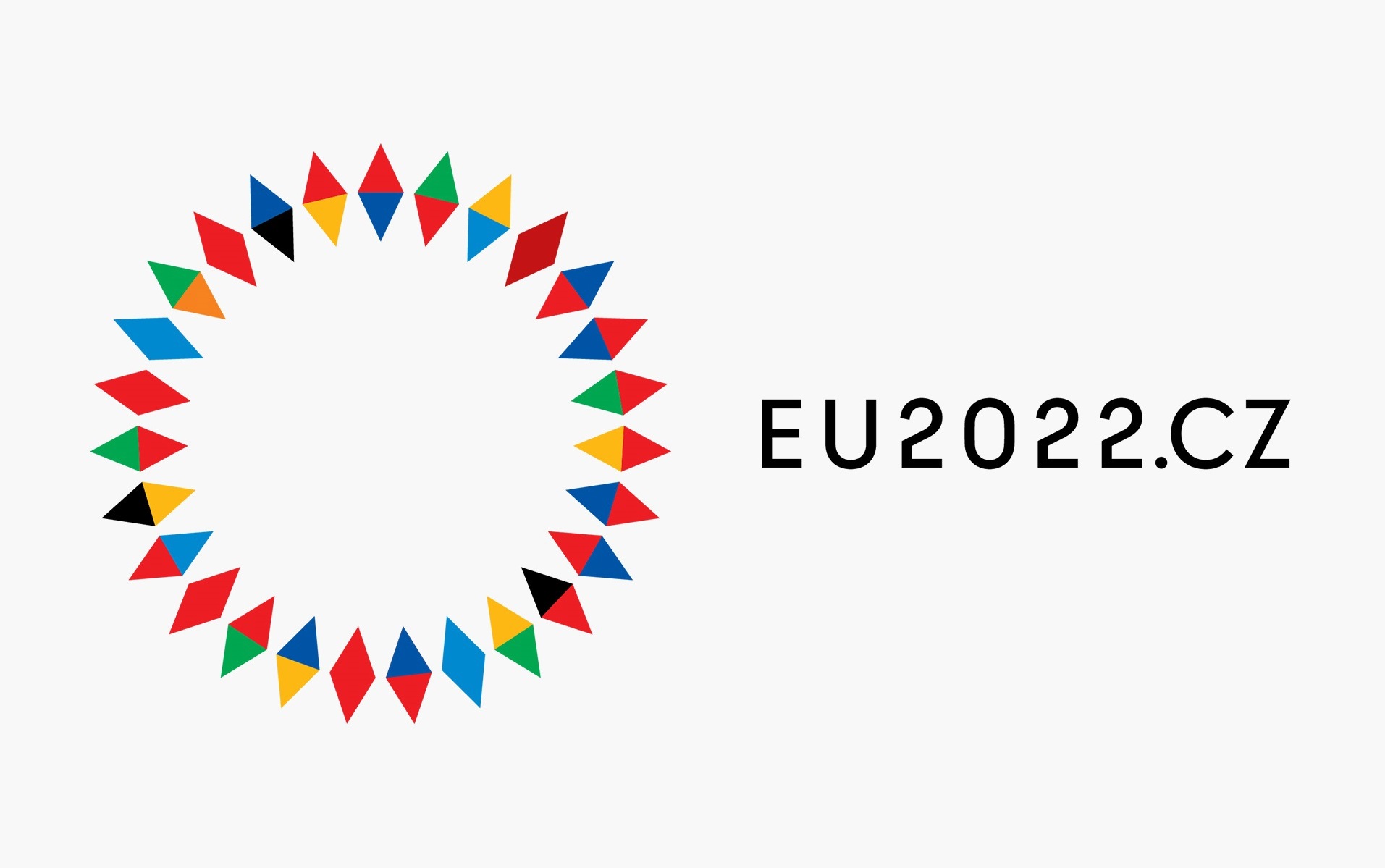Based on the article from the EMCDDA webpage
This month, the Czech six-month Presidency of the Council of the EU draws to a close. With the motto ‘Rebuild, Rethink, Repower’, the Presidency focused on five key priorities: managing the refugee crisis and post-war reconstruction of Ukraine; energy security; strengthening European defence capabilities and cybersecurity; strategic resilience of the European economy; and the resilience of democratic institutions.
In the drugs field, the country led the Council’s Horizontal Working Group on Drugs (HDG), the body responsible for leading and managing the Council’s work in the drugs field and carrying out legislative and general policy work in the areas of supply reduction and demand reduction.
The human rights dimension of drug policy was a key topic over the six-month period, with work culminating in Council conclusions on this issue on 8 December, endorsed by the Council for Justice and Home Affairs. The document invites EU Member States to ‘further support the development and implementation of evidence-based policies and interventions that put human rights at the centre of drug responses, whilst countering crime and ensuring public safety and security, sustainable and viable livelihoods and the health of individuals, families and communities across the EU’.
The document also invites EU Member States to ‘further promote drug policies that adhere to human rights, address discrimination, and reduce the stigma on people who use drugs, in order to ensure voluntary access to services, including prevention, evidence-based life-skills programmes, risk and harm reduction, early detection and intervention, counselling, treatment, rehabilitation, social reintegration and recovery of people who use drugs, as well as treatment of drug-related comorbidities’.
The text includes many amendments, however thanks to a constructive debate among all EU Member States, it was approved by consensus. DPNSEE, along with other members of the Civil Society Forum on Drugs, participated in consultations and provided contributions to the document. Unfortunately, we see that most of the civil society proposals were not taken into account in the final version. This is the price of the consensus requested by the EU regulations where even one country can block initiatives that are supported by others, even if they are realistic and forward looking.


